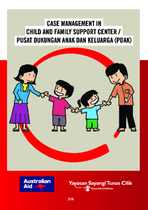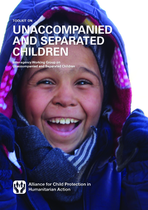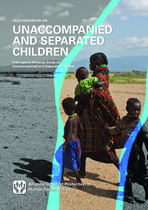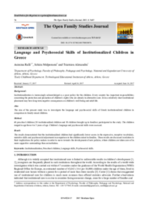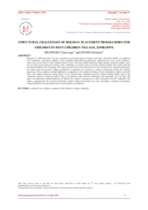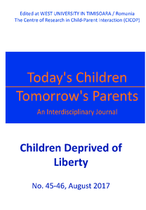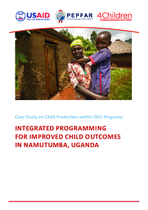Case Management in Child and Family Support Centre / Pusat Dukungan Anak dan Keluarga (PDAK)
This book introduces the PDAK – Pusat Dukungan Anak dan Keluarga (Child and Family Support Centre) in Indonesia and the case management system utilized within the centre.

